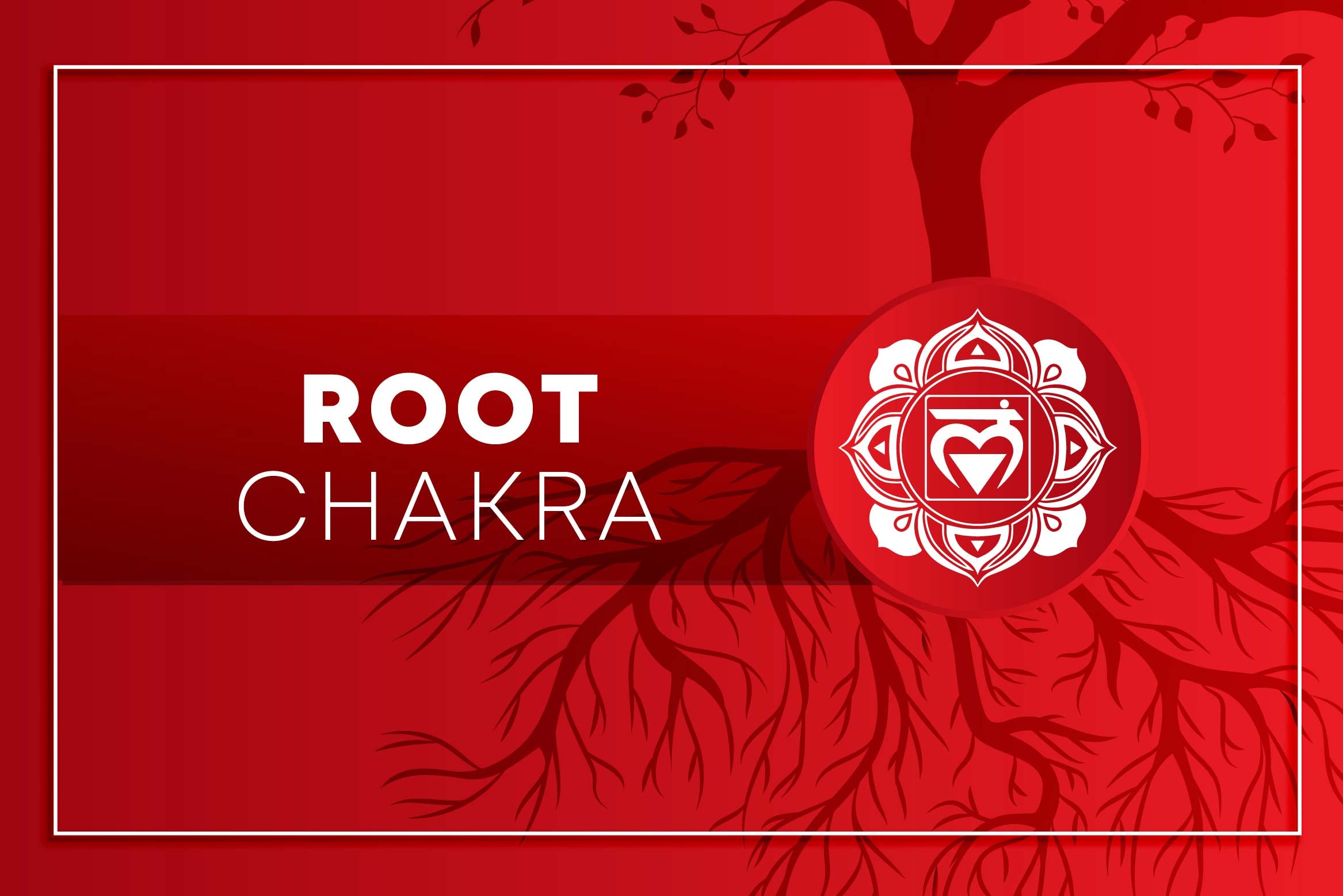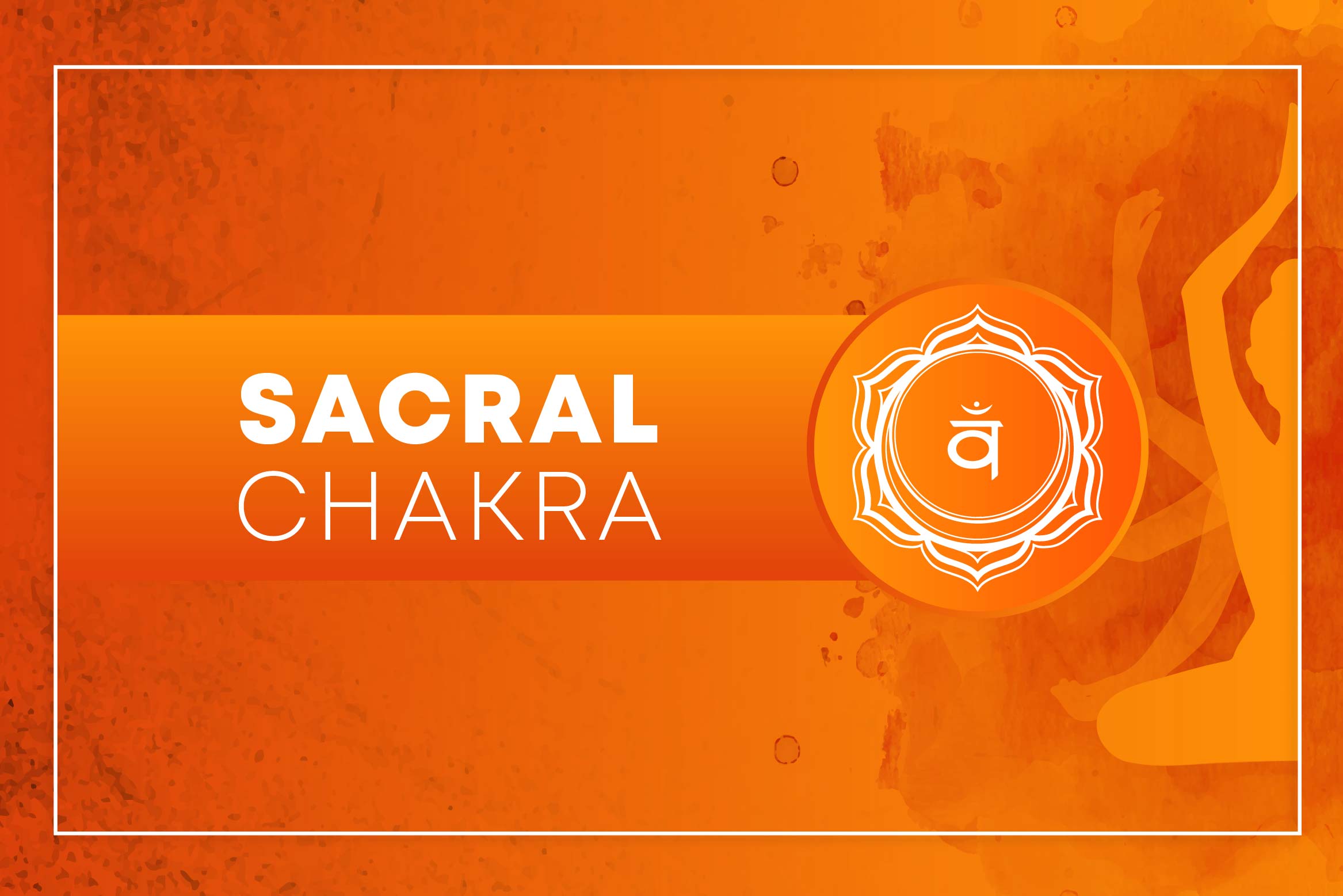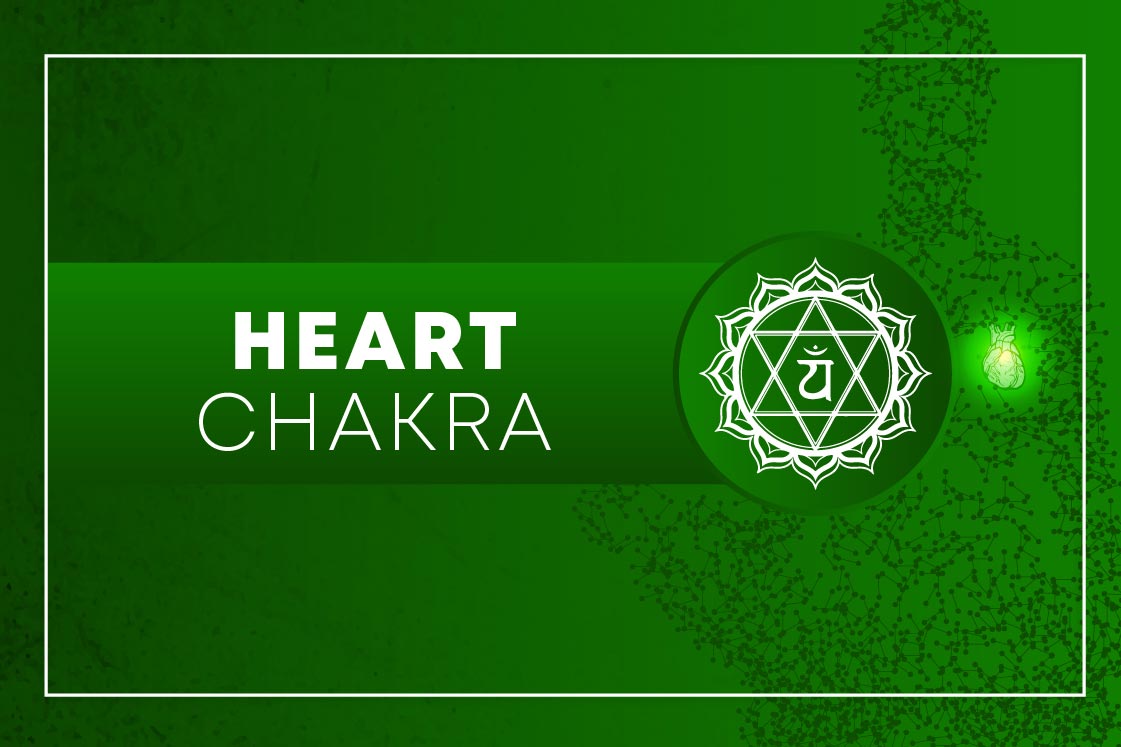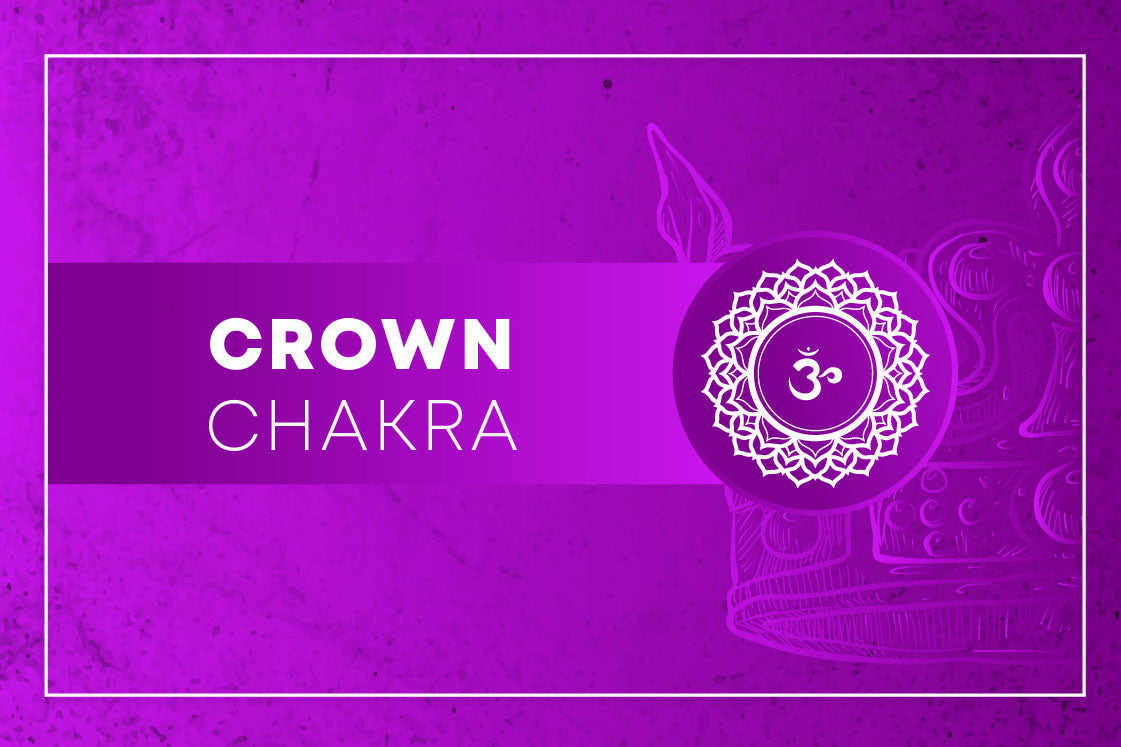
Balancing Chakras [Energy Center]
The concept of chakras, originating from ancient Indian spiritual traditions, offers a profound understanding of the energy centers within the human body. These chakras are believed to be interconnected wheels of energy that influence physical, mental, and emotional well-being. In Ayurveda, a holistic system of medicine and wellness, the balance and alignment of these chakras play a crucial role in maintaining overall health.
There are seven main chakras, each associated with specific physical locations along the spine and corresponding emotional and spiritual qualities.

Root Chakra (Muladhara)
Located at the base of the spine, this chakra represents stability, security, and a connection to the earth. Ayurveda emphasizes grounding practices, nourishing foods, and calming herbs to support this chakra's balance.
Sacral Chakra (Svadhisthana)
Positioned in the lower abdomen, this chakra is linked to creativity, emotions, and relationships. Ayurveda promotes nurturing self-care practices, emotional healing, and the consumption of warm, nourishing foods to maintain its equilibrium.


Solar Plexus Chakra (Manipura)
Situated above the navel, this chakra governs self-esteem, confidence, and personal power. Ayurveda encourages mindful eating, digestion-enhancing herbs, and activities that boost self-assurance to support this chakra.
Heart Chakra (Anahata)
Found at the center of the chest, this chakra embodies love, compassion, and emotional balance. Ayurveda suggests heart-opening practices, connecting with nature, and consuming foods that support heart health to nurture this chakra.


Throat Chakra (Vishuddha)
Located in the throat region, this chakra represents self-expression, communication, and authenticity. Ayurveda advocates soothing practices, herbal teas, and foods that support the throat and vocal health to keep this chakra in harmony.
Third Eye Chakra (Ajna)
Positioned between the eyebrows, this chakra is associated with intuition, insight, and inner wisdom. Ayurveda recommends meditation, calming herbs, and a diet that enhances mental clarity to balance this chakra.


Crown Chakra (Sahasrara)
At the top of the head, this chakra symbolizes spiritual connection and higher consciousness. Ayurveda supports this chakra through practices that promote inner peace, meditation, and a clean, sattvic diet.
Ayurveda, with its holistic approach, acknowledges the intricate connection between the chakras and an individual's overall well-being. It emphasizes lifestyle practices, dietary choices, and herbal remedies that align with an individual's constitution and the needs of each chakra. Ayurvedic practitioners assess imbalances and provide tailored recommendations to restore harmony within the chakra system.
Through mindful living, balanced nutrition, yoga, meditation, and herbal support, Ayurveda offers a comprehensive toolkit to address physical, emotional, and spiritual imbalances that may affect the chakras. By embracing Ayurvedic principles, individuals can enhance their energy centers' alignment, promote holistic health, and cultivate a deeper sense of balance, harmony, and vitality in their lives.











